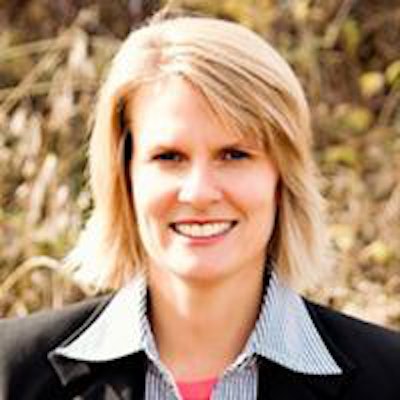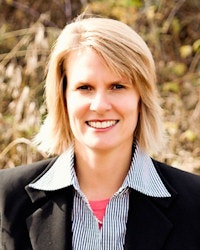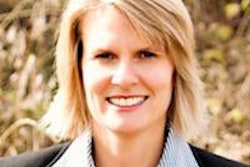
Lisa Knowles, DDS, continues her series on growing a practice. In the first part, she wrote about doing the necessary weeding to clear the ground for growth. In the second part, she offered practical ideas for prepping the soil and observing your employees. In this column, she continues on the theme of feeding and nurturing your team. She offers practical ideas for observing your staff, making adjustments, and making an impact with your words.
Successful dental leaders follow five habits that you should consider when growing your practice. I discussed the first two in my previous column and continue with the other three here.
1. Make adjustments based on observations
 Lisa Knowles, DDS.
Lisa Knowles, DDS.In my experience, this is where we dentists sometimes fall short. We fail to add anything to the soil to create a successful growth opportunity. Instead, we often watch team members fail and blame them for their inability to blend with our team.
In one instance, I watched a new office manager make mistake after mistake with the schedule. At first I sided with the dentist who complained about all of her mistakes. Then, after talking with her, I realized the software in the dental office was extremely difficult to use and the dentist did not want to spend money to update the systems. The front office person was used to using an updated system and struggled to understand the antiquated technology in place.
If we want great team members to stay, we often have to adjust to accommodate their styles and preferences. This does not mean the entire office culture has to change. But, a new team member will change the configuration of how things might get done.
2. Observe the employee again and ask for feedback
“If we want great team members to stay, we often have to adjust to accommodate their styles and preferences.”
Again? Yes, observe the employee again once adjustments have been made. Ask the employee for feedback and inquire about current needs. Ask about interoffice relationships. Does she or he feel a part of the team? Observe if she eating lunch with anyone? Does he leave stressed at the end of the day?
By observing these indicators of happiness within the office and asking about obvious discontent, more resolution can be expected. In the long term, more resolution means more growth and higher yields from this team member.
3. Be as organic as possible
In other words, be as natural as possible. Feed teams with positive comments that you really mean. Resist "praise dumping." Praise dumping comes at the end of the day when you say, "Thank you, everyone, for a great day. You are fabulous," and you walk out the door.
That is so blah and unnatural. Instead, based on your keen observations, quietly tell team members how their actions made you feel. An example: "When you reminded me to sign the lab slip, it really felt good knowing you had my back. Thank you." Statements like this build rapport and help team members truly feel appreciated.
Yes, it takes more effort. And it takes an intentional effort to spot your team's good moves. We are trained to spot the errors and mistakes, so we must really be thoughtful to find the good parts, too. Just like in organic gardening or farming, more effort is often put forth in the beginning, but the results are worth more in the end.
Once people blossom, however, the work is not done. We have to watch for diseases and watch for what each person needs to grow tall and strong. We must continue to feed and nurture them -- and adjust along the way. It is only then that we can find an abundant yield at the end of the long journey from soil to seed to savoring.
Lisa Knowles, DDS, is the founder and CEO of IntentionalDental Consulting. For more information, contact her at [email protected] or 517-331-3688. Visit her blog site at Beyond32Teeth.com or website at IntentionalDental.com.
The comments and observations expressed herein do not necessarily reflect the opinions of DrBicuspid.com, nor should they be construed as an endorsement or admonishment of any particular idea, vendor, or organization.



















